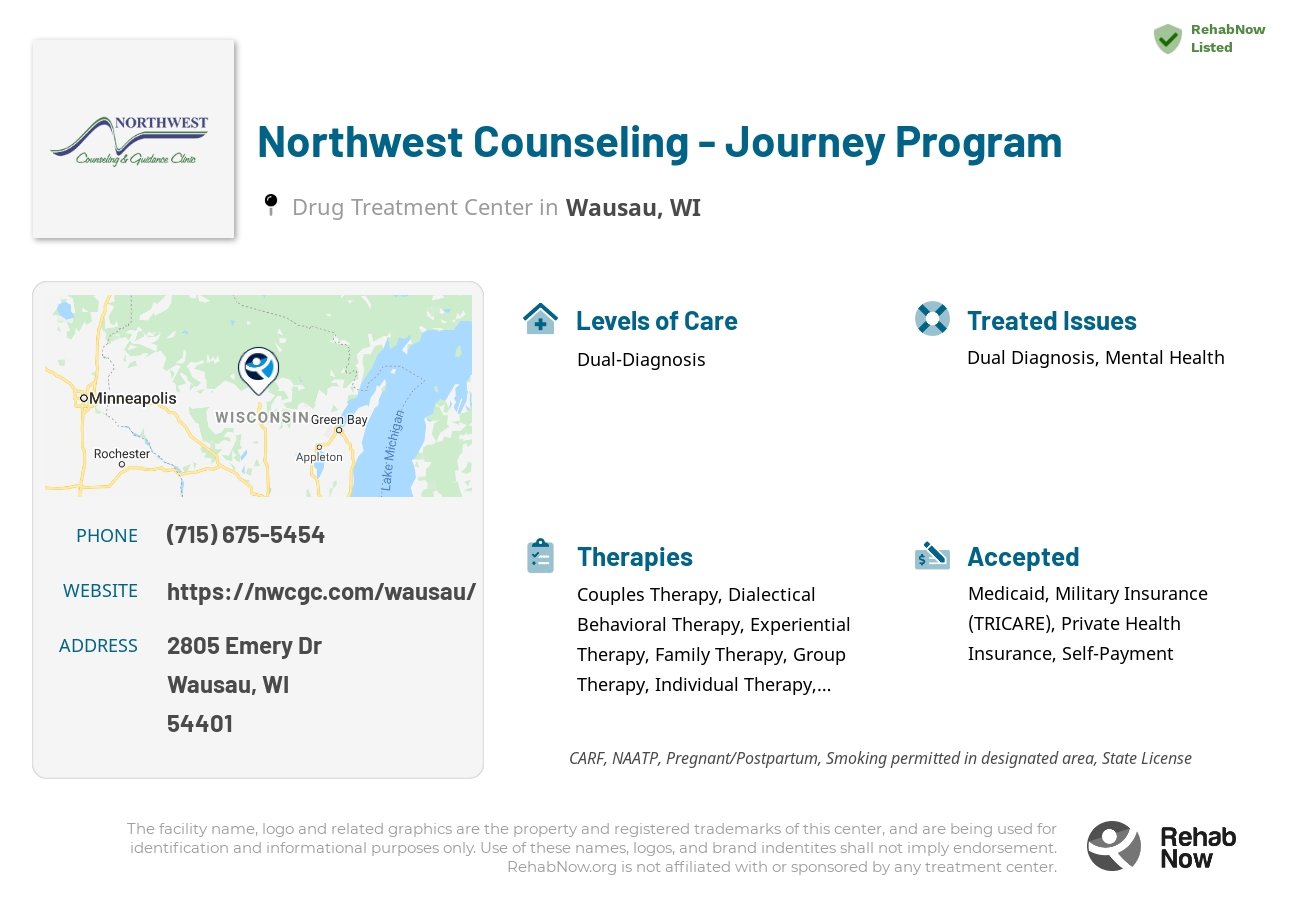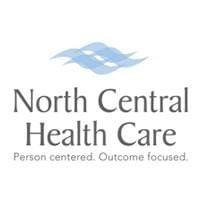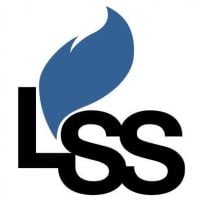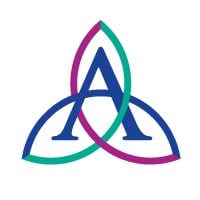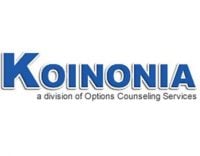Northwest Counseling - Journey Program
Drug Rehab Center in Wausau, Wisconsin
Northwest Counseling - Journey Program in Wausau, Wisconsin is a dual diagnosis treatment facility that offers comprehensive care for individuals struggling with addiction and mental health disorders, using personalized treatment plans that consider both psychological and physical aspects, and accepts private health insurance.
About Northwest Counseling - Journey Program in Wisconsin
Northwest Counseling - Journey Program, located in Wausau, Wisconsin, is a dual diagnosis treatment facility that provides comprehensive care and support for individuals struggling with addiction and mental health disorders. The facility is part of the wider network of Northwest Counseling and Guidance Clinic. The Journey Program offers outpatient levels of care and is committed to treating individuals with the focus on whole-person wellness. Their approach considers both the psychological and physical aspects of addiction and mental health disorders, creating personalized treatment plans for each individual. The facility also accepts private health insurance, ensuring accessibility for patients from various walks of life.
The Journey Program at Northwest Counseling provides a range of services specifically designed to address and treat substance abuse and addiction disorders. They employ a dual-diagnosis approach, underscoring the often interrelated nature of addiction and mental health disorders. Their comprehensive care model means not only treating the addiction, but also the underlying mental health conditions that may contribute to substance misuse. Their services include thorough psychological assessments, individual and group therapy, and medication management. The program also integrates relapse prevention strategies and supports the development of coping mechanisms to aid in recovery. All these services are provided in an outpatient setting, allowing patients to incorporate treatment into their daily lives in a minimally disruptive way.
Genders
Ages
Modality
Additional
Conditions and Issues Treated
Dual diagnosis refers to someone who has both an addiction and a mental or emotional illness. Dual diagnosis treatment includes therapy for both issues simultaneously, allowing for effective treatment of either.
Sometimes people with addiction disorders also have co-occurring disorders like depression, anxiety, bipolar disorder, etc. These require specialized treatment programs that address both drug and alcohol addiction as well as psychiatric illnesses. Some rehabilitation facilities provide patients with co-occurring disorders a program with highly integrated services and a clean, distraction-free environment.
Levels of Care Offered
This center offers a variety of custom treatment tailored to individual recovery. Currently available are Dual-Diagnosis, Outpatient, with additional therapies available as listed below.
Alcohol or drug addiction, or co-occurring disorders, are treated in an outpatient program. The patient must attend therapy and other programs at the facility but can return home each night.
Outpatient treatment allows recovering addicts to live at home while receiving addiction treatment. Outpatients can attend group sessions for a few hours per week. Outpatients may also continue to work full time and study/attend school without interruption if they choose.
Therapies & Programs
Different people react differently to various treatment options. Some drug rehabilitation centers offer individualized treatment that caters to the specific needs of a drug addict. The best treatment option varies on an individual depending on the type of drug abused, life history, medical condition of the person, social circumstances, and the environment they live in now.
When a person enters drug rehab, they usually have anti-drug associations such as withdrawal symptoms, stress, cravings, etc. The first step of drug rehab is to detoxify the body from any residual substances in it. Drug rehabilitation centers usually employ trained medical professionals to help in this process. Usually, the initial detoxification lasts for five days, where the person is monitored under close supervision.
Couples therapy is a treatment method used to help couples in which at least one member of the couple has a drug addiction. The treatment is designed to help the couple strengthen their relationship to minimize the effects of drug addiction on their lives and promote healthy communication between them.
Couples therapy can be used whether the addicted partner is using drugs or in recovery. It helps the couple create healthy communication and coping skills to minimize the problem-solving abilities of one partner, which can then be directed at solving issues related to their addiction. It also helps couples address problems that may be related to drug addiction. Couples therapy can help couples feel like a team and not feel like their partner is the problem.
Couples therapy is very challenging for both the drug addict and their partner. It requires an intense commitment between the two individuals to participate in the sessions and the homework assigned between sessions.
An additional benefit of couples therapy is that it can help make other types of treatment, such as 12-step programs, more effective.
Family therapy sessions typically involve the addict and their family members. During these sessions, a therapist will work with everyone involved to help them understand addiction and find healthy ways of coping without substance abuse.
Some addicts might feel embarrassed about their substance abuse problems. By encouraging family members to attend these sessions, therapists can show addicts that they’re not alone in dealing with addiction. Therapists can also work with family members to help them understand addiction and learn how to offer support and encouragement to their loved one as they deal with substance abuse issues.
Attending group therapy at Northwest Counseling - Journey Program in , is a useful way for those seeking sobriety to realize they aren’t the only one going through it.
This is when a group of people on different recovery phases get together and talk about what they’re going through, their triggers, successes, and failures. This can include alternative types of therapies too! Group therapy may occur on an outpatient or inpatient basis with groups that have no pre-existing relationships outside the session, unlike support groups where everyone already knows each other beforehand.
Trauma therapy is a form of therapy used to help people process and understand past traumas. This can help struggling addicts, as many people turn to drugs or alcohol to mask the pain of their past. Trauma therapy can be done in several ways, such as through visualization, discussion, and writing down thoughts and feelings. The goal is to help the individual understand why they are having problems coping with certain situations and changing how they think and react to things. This is often done in tandem with other therapies to treat the underlying issues associated with addiction.
The idea behind trauma therapy is that while some people can experience traumatic events and not have lasting psychiatric symptoms, many others will. In these cases, memories get hidden from consciousness but continue to influence how the person processes and copes with things in their life. They may avoid situations that resemble what happened or become suddenly angry or irritated to a situation that reminds them of a past event. With the help of a therapist, people can go back over memories and experiences. This helps them understand why they are having problems coping with certain situations and changing how they think and react to things.
This type of cognitive-behavioral therapy helps people understand how their thoughts, behaviors, and feelings are interconnected. It can help patients with borderline personality disorder gain control over their actions and stop self-harming thoughts and attempts.
Cognitive Behavioral Therapy is a type of psychotherapy that helps people address the thoughts and behaviors that may have led to their addiction. It also helps change negative thoughts into positive ones and promotes healthy communication between addicts and those around them. CBT is an efficient treatment for individuals suffering from all sorts of addictions.
Cognitive Behavioral Therapy (CBT) focuses on the underlying thoughts and behaviors that caused the problem of addiction in the first place and may cause a relapse. Negative feelings are common in drug abuse disorders, but they can lead to co-occurring disorders if not recognized. CBT involves strategies that help to change the behavior pattern by restructuring negative thoughts into positive ones. It helps to remove these feelings, and it provides long-term benefits. Also, CBT promotes self-awareness, self-control and can be administered as a mono-therapy or as part of combination therapy.
Patient Experience
Experiential Therapy at Northwest Counseling - Journey Program
Experiential therapy is a type of therapeutic approach that focuses on having patients work through problems, issues, or emotions by engaging directly in some real experience. It occurs face-to-face with a therapist who helps these people to explore their feelings first hand. The hope is that when this happens, the patient will feel driven to turn away from their destructive behavior and instead take up positive behaviors or coping mechanisms. Direct experience methods, role play, psychodrama, interpersonal and social learning are a few different forms of experiential therapy.
Payment Options Accepted
For specific insurance or payment methods please contact us.
Is your insurance accepted?
Ask an expert, call (888) 674-0062
Northwest Counseling and Guidance Clinic Associated Centers
Discover treatment facilities under the same provider.
- Northwest Counseling Guidance Clinic in Wisconsin Rapids, WI
- Northwest Counseling - Day Treatment in Green Bay, WI
- Northwest Counseling - Black River Falls in Black River Falls, WI
- Northwest Counseling - Journey Stevens Point in Stevens Point, WI
- Northwest Counseling - Amery in Amery, WI
Learn More About Northwest Counseling and Guidance Clinic Centers
Additional Details
Specifics, location, and helpful extra information.
Wausau, Wisconsin 54401 Phone Number(715) 675-5454 Meta DetailsUpdated November 25, 2023
Staff Verified
Northwest Counseling - Journey Program Patient Reviews
There are no reviews yet. Be the first one to write one.
Wausau, Wisconsin Addiction Information
Wisconsin has some of the highest rates in the United States for both adolescent and adult substance abuse. Since 2009, the state has been experiencing the same escalating rates of drug abuse and addiction as the rest of the country. The major concerns are the misuse of prescription painkillers and the escalating number of deaths due to alcohol-related liver disease.
Opioids are the most common cause of drug overdoses in Wausau, Wisconsin. The rate of drug overdoses in Wausau increased by nearly 50% between 2012 and 2017. 19% of drug-related deaths victims are between the ages of 18 and 25. Treatment programs in Wausau follow a specific set of steps that are designed to help people recover from addiction.
Treatment in Nearby Cities
- Stoughton, WI (146.5 mi.)
- Jefferson, WI (145.2 mi.)
- Neillsville, WI (55.0 mi.)
- Menomonee Falls, WI (148.3 mi.)
- Chippewa Falls, WI (84.3 mi.)
Centers near Northwest Counseling - Journey Program
The facility name, logo and brand are the property and registered trademarks of Northwest Counseling - Journey Program, and are being used for identification and informational purposes only. Use of these names, logos and brands shall not imply endorsement. RehabNow.org is not affiliated with or sponsored by Northwest Counseling - Journey Program.


